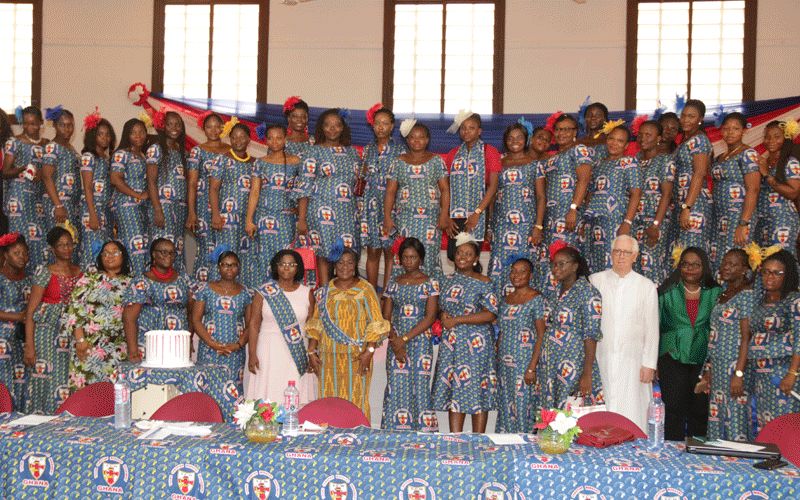Accra, 11 March, 2020 / 12:13 am (ACI Africa).
As Ghana joined the rest of the world to mark International Women’s Day (IWD) on March 8, a Catholic gender activist argued that the only solution to the eradication of corruption in the West African Country is pushing for gender equality and allowing women to take up leadership positions.
“We need women in politics and when women are in charge of affairs, corruption reduces,” Nana Oye Lithur, a Human Rights Lawyer said during the Sunday IWD Celebration at the Christ the King Parish in Accra, Ghana.
She added, “When we vote for more women and create the opportunity for them to effectively and efficiently participate in activities, corruption will reduce.”
The celebrations themed 'EachForEqual' were organized by the Southern Zone of the Young Christian Workers (YCW), a youth group in Ghana, as a way of marking the annual celebration to recognize the achievements of women around the world amid the call for elimination of all discrimination, gender stereotypes, violence and greater equality for women.
Addressing the over 200 members of the YCW, Lithur, a former Minister for Gender, Children and Social Protection in the West African country called on Ghanaians to change the narrative of gender inequality against women and girls.








